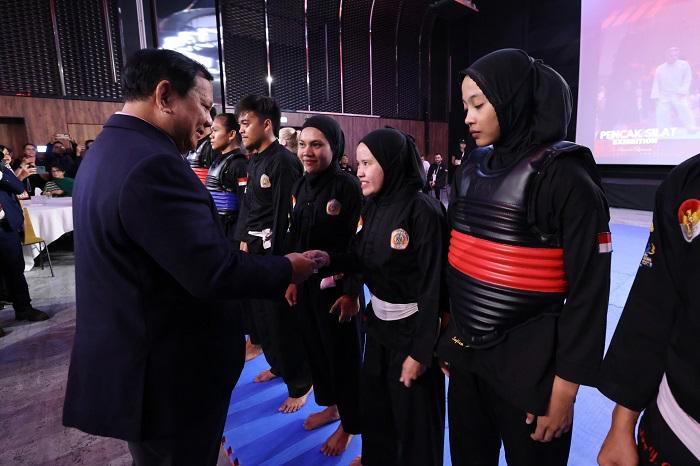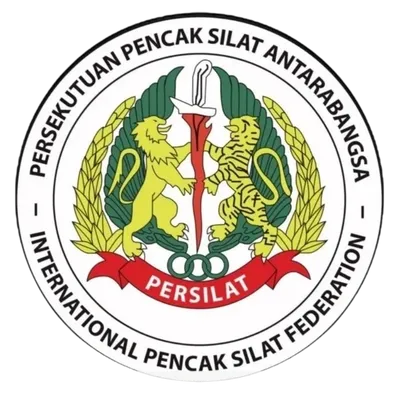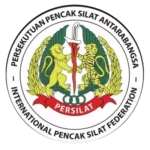Paris witnessed a historic moment for pencak silat, the traditional martial art of Indonesia, as it moved closer to being recognized as an Olympic sport. On January 2, 2025, a pencak silat exhibition was held at one of the city’s premier art and cultural venues. The event was attended by delegates from the International Pencak Silat Federation (IPSF), the International Olympic Committee (IOC), and representatives of IPSF member countries who support this endeavor.
The exhibition showcased the beauty and richness of pencak silat techniques across various categories, including solo performances, paired demonstrations, and competitive matches. Practitioners from different countries captivated the audience with movements combining art, culture, and sport. The performances highlighted not only the competitive aspect of pencak silat but also the values it embodies, such as brotherhood, honor, and discipline.
The IPSF President emphasized the significance of this event in introducing pencak silat to a wider international audience. “Pencak silat is not just a sport; it is a cultural representation that reflects the spirit of unity and diversity. We are optimistic that pencak silat will become part of the Olympics in the future,” he stated. Support also came from IOC delegates, who commended IPSF’s efforts to develop the sport globally.
In addition to demonstrations, the exhibition featured a panel discussion on the process of pencak silat’s journey toward Olympic inclusion. The panel included international sports figures, coaches, and professional practitioners who shared insights on strategic steps needed. Key topics such as standardizing competition rules, athlete development, and strengthening pencak silat promotion in various countries were the main focus of the discussion.
This exhibition marks a concrete step by IPSF toward achieving recognition for pencak silat at the highest level of global sports. With support from the international community, pencak silat is expected to soon become an official Olympic sport. The event in Paris served not only as a platform to promote pencak silat but also as a symbol of hope for millions of martial arts enthusiasts worldwide.
A Brief History of the Founding of the International Pencak Silat Federation (IPSF)
The International Pencak Silat Federation (IPSF) was established in 1980 as a commitment to unite various silat schools worldwide. This idea emerged from a meeting of prominent silat figures in Jakarta, who recognized the importance of an international organization to develop and preserve pencak silat as a martial art and cultural heritage of Southeast Asia. The initiative was supported by the Indonesian government, one of the origins of pencak silat, which saw its potential to strengthen international relations.
At its inception, IPSF aimed to promote pencak silat as an official sport on the global stage. A strategic move was organizing the first World Pencak Silat Championship in 1982. This event successfully garnered attention from the global martial arts community, accelerating the recognition of pencak silat internationally. Moreover, IPSF focused on developing standardized competition rules and systematic training programs to expand the reach of pencak silat.

Over time, IPSF has built an extensive network encompassing various continents, including Asia, Europe, Africa, and the Americas. This success was due to the dedication of silat practitioners who consistently promoted the noble values of this martial art, such as brotherhood, discipline, and harmony. The growing membership of IPSF reflects the acceptance of pencak silat in various countries as a sport, art form, and cultural tradition.
Today, IPSF continues to innovate to elevate pencak silat to greater heights. One of its most significant achievements was the inclusion of pencak silat as a sport in the 2018 Asian Games. This milestone marked global recognition of pencak silat. IPSF is also actively advocating for pencak silat to become an official Olympic sport, aiming to ensure its preservation and growth for future generations.

